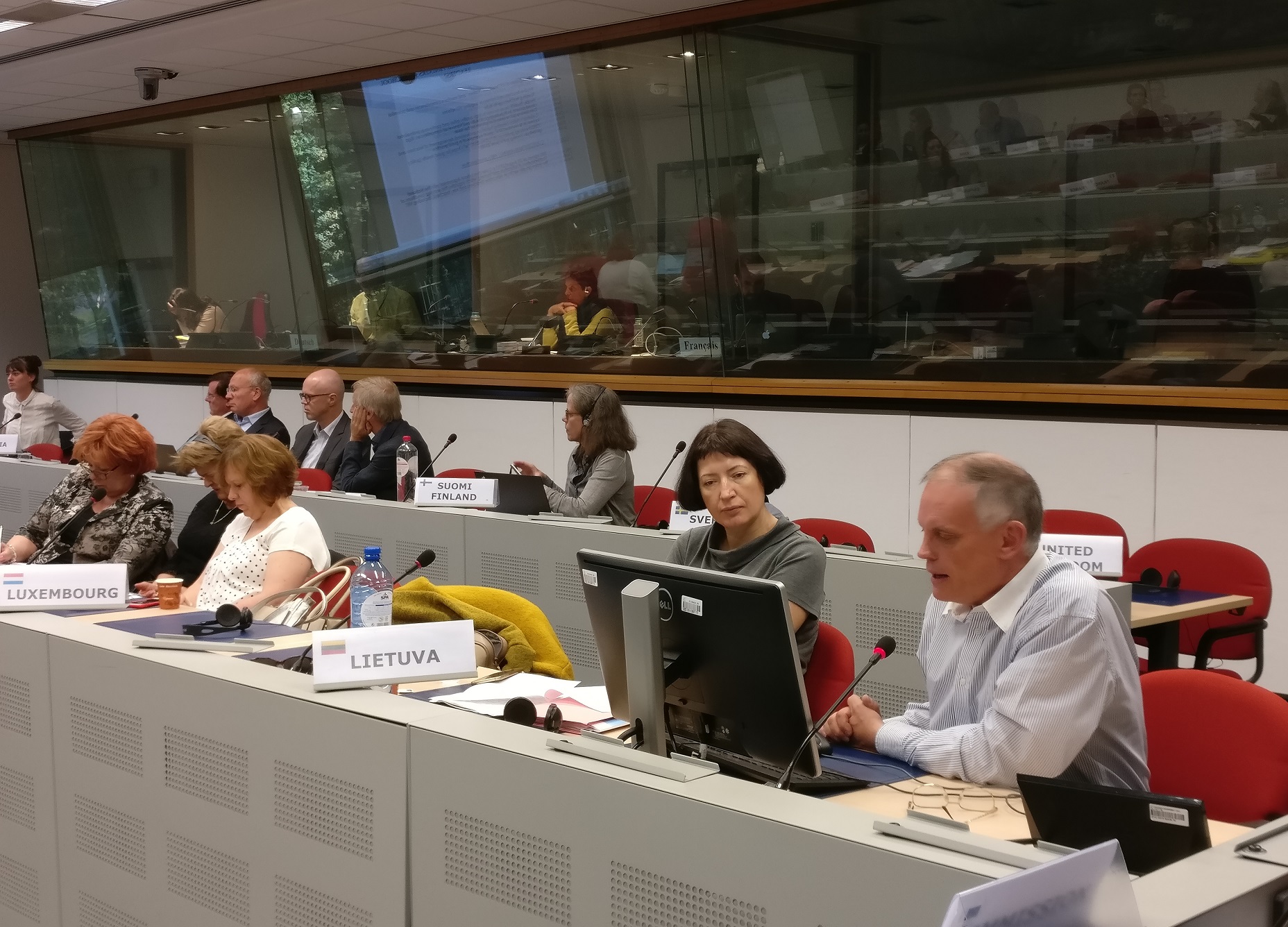ESSDE Working Group: high quality VET and apprenticeships, inclusive education, and the European Semester on education and training: what role for social partners?
Published:
On 25 September 2017, the Working Group meeting of the European Sectoral Social Dialogue in Education (ESSDE) took place in Brussels. The meeting addressed the issues of improving Vocational Education and Training (VET) and Apprenticeship, inclusive education and the European Semester on education and training. The Working Group gathered national experts and delegates from member organisations of both the ETUCE and the European Federation of Education Employers (EFEE), who discussed, shared experiences and good practices on topics on the agenda.
Aiming at high-quality apprenticeships and promotion of the VET sector, participants recognised the need to enhance the status, working conditions, and opportunities of professional development of VET teachers, trainers and school leaders, as well as to foster cooperation between VET teachers and companies-based trainers. Participants discussed a draft joint ETUCE-EFEE Statement on improving the quality of VET in Europe, to be presented for adoption during the ESSDE Plenary Session of 23 November 2017, in the midst of the European Vocational Skills Week 2017 and ahead of the Joint EESC-EFEE-ETUCE Public Hearing on the role of teachers, trainers and school leaders in improving the status of VET. During the second session, while discussing the Commission’s Communication “School development and excellent teaching for a great start in life”, participants made the compelling case for a meaningful involvement of education social partners in policy guidance and reform making. In particular, ETUCE delegates rose the attention on the risks stemming from top-down reforms devolving autonomy at school level. These might results in attempts to undermine collective bargaining, in increasingly competitive working environments – thus deteriorating working conditions for teachers and other education personnel and, finally, in growing concerns related to the financial accountability of education institutions. During the last session, the social partners shared the need to jointly address and engage in the various phases of European Semester on education and training.